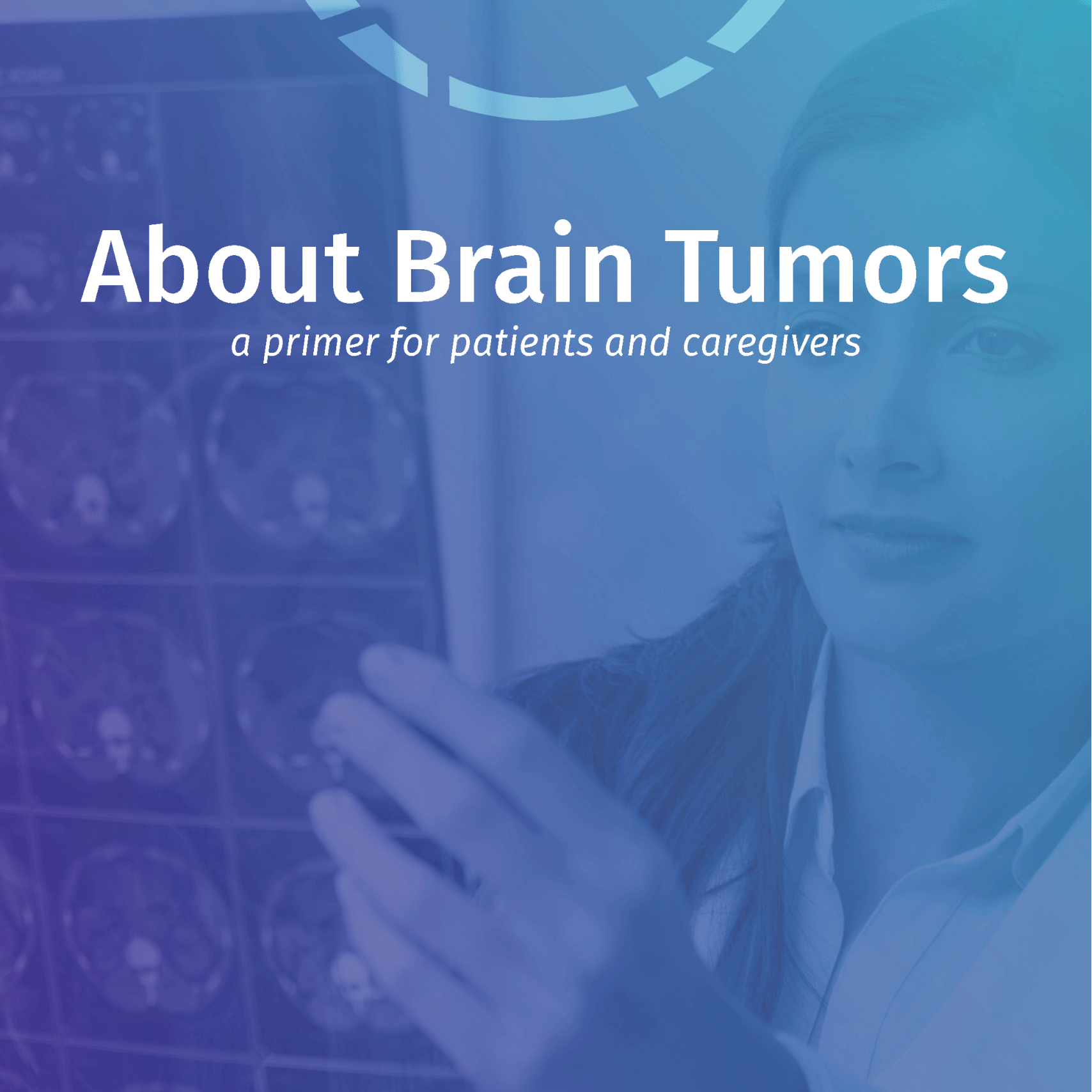Advocacy isn’t just my job—it’s personal.
My work at the American Brain Tumor Association (ABTA) is deeply shaped by my experience as a caregiver to my husband, Nick, who has been living with a brain tumor for over 14 years. His diagnosis changed both of our lives in an instant.
It started with a grand mal seizure at work. Nick had been pulling bread from a 500-degree oven when the seizure hit. He fell, hit his head, and suffered third-degree burns. Hours later in the ER, a resident neurosurgeon looked at us and said the words that would turn our world upside down: “You have a mass in your brain.”
That “mass” was an egg-sized grade 3 anaplastic astrocytoma—just one step below glioblastoma. It was a terrifying diagnosis. Since then, Nick has undergone a craniotomy, radiation, lived through seizures, and taken nearly three years of oral chemotherapy. And as if that weren’t enough, he was later diagnosed with thyroid cancer, lost his job, and battled depression. Through every setback, I’ve been at his side—scheduling appointments, managing treatments, and carrying the emotional weight of caregiving.
I don’t share our story to ask for sympathy. I share it because it’s the story of so many other families the ABTA serves every single day. Whether I’m at a conference or attending one of our Breakthrough for Brain Tumors 5Ks, I find myself naturally drawn to patients and caregivers. I listen to their stories and do my best to understand how we can better support them.
Now, more than a decade later, Nick is still here—strong, resilient, and facing a recent recurrence with courage. Our journey has been hard, but it has given me a purpose. It reminds me every single day why brain tumor advocacy and support matter so much—for us, and for every family walking this path.
That purpose came to life in 2024 when I launched the Winchester Country Club Golf Scramble. I wanted to give back and make a difference. To my surprise, we raised $13,000 for the American Brain Tumor Association. The love and support from my community were overwhelming. What I thought would be a one-time event quickly turned into something more—people were already asking about next year.
“Advocacy is deeply personal to me—not just because of my role at the ABTA, but because I’ve lived this journey as a caregiver. It’s just something I must do—serving as a conduit, to listen to families on this challenging path and to push for better outcomes and more research, and greater support for every family facing a brain tumor diagnosis.”
SIMPLE TIPS for SUPPORTING BRAIN TUMOR FAMILIES
Learn! Visit the ABTA website to learn all that you can about a friend or loved one’s tumor. Share these resources with friends and family.
Engage! Whether you’re a caregiver, friend or extended family member of a brain tumor survivor, get involved with an organization like the ABTA, either through volunteering or participating in a fundraising event. The best way I’ve found is to become a recurring donor—I want to sustain our mission.
Note: Leah is one of many ABTA staff members whose lives have been forever changed by a brain tumor diagnosis. Look for more of their stories in the future.
























